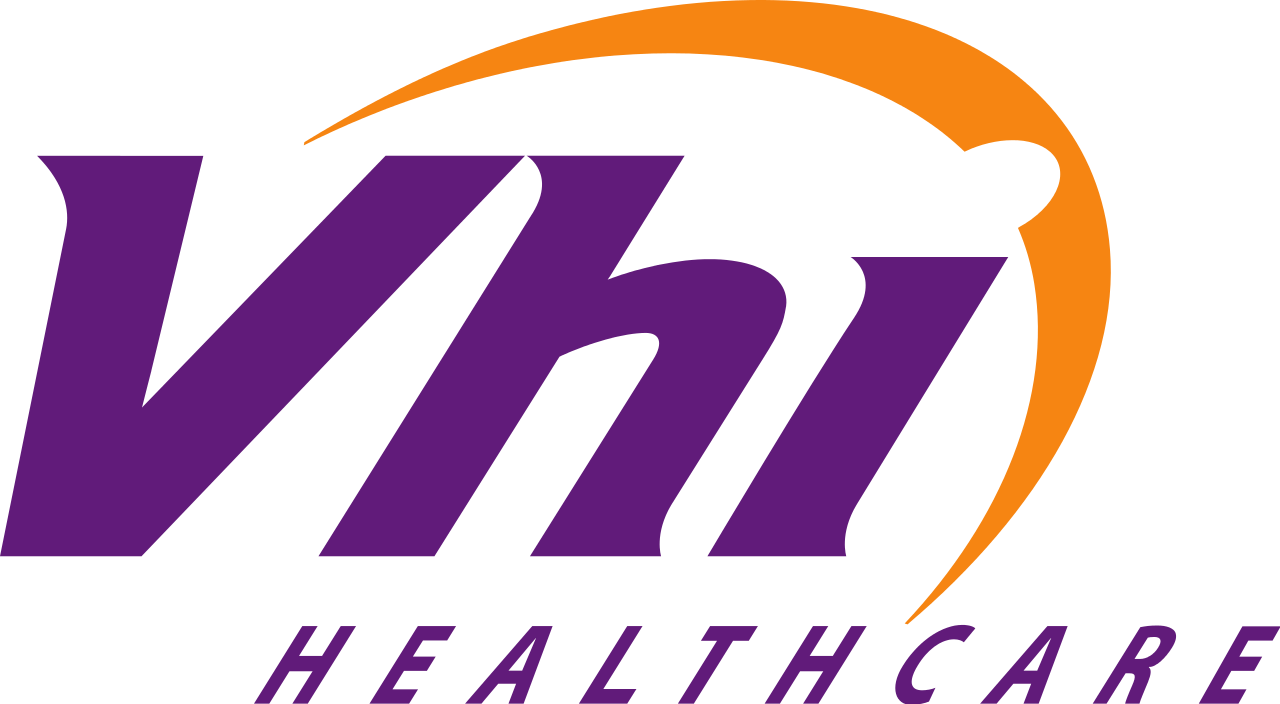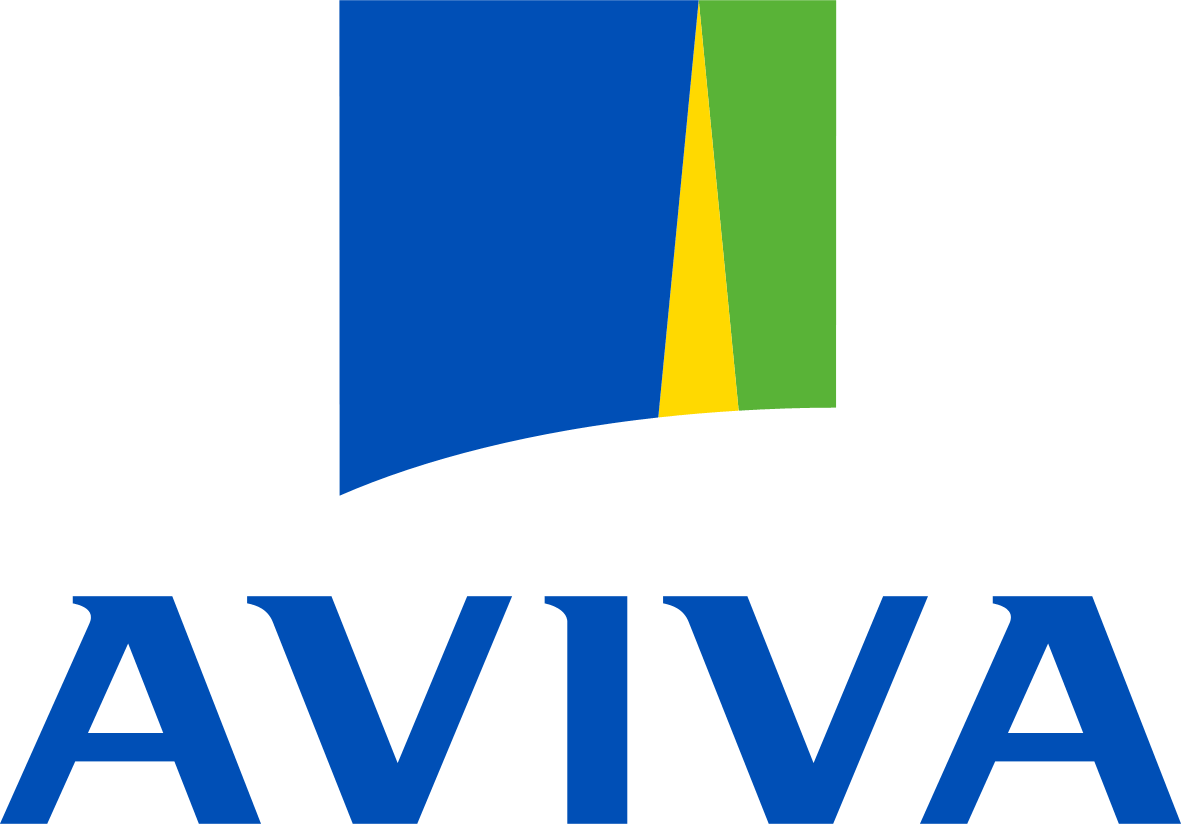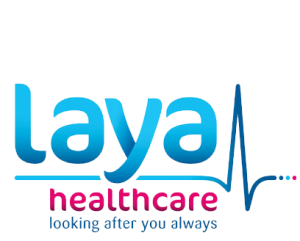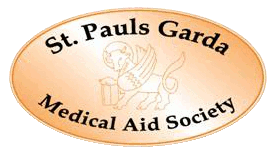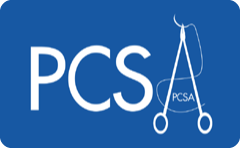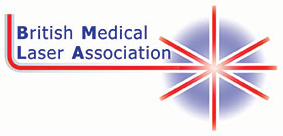 Download this information as a PDF
Download this information as a PDF
Although now we know that warts are caused by a virus and are therefore contagious, there is still much to learn about the nature of the condition. Why is it, for example, that some people tend to contract warts more readily than others? And why do some warts disappear overnight for no apparent reason? Whatever the answer to these questions, it is clear than many people suffer pain and embarrassment because of their warts. Modern treatment can, when properly applied, go a long way towards alleviating the problem.
There are numerous traditional “cures” for warts. One cure is “The Crossroad Remedy”. The wart sufferer should rub the warts with stones, which is then wrapped in a brown paper bag and left at a local crossroad. Some inquisitive person picking them up would, by handling the stones, heal the patient and acquire warts himself over the following 6 – 12 months.
Another “cure” is to visit St. John of Mushera’s Well, near Millstreet, Co. Cork. This Holy Well has had the reputation for the “cure” for warts for many years, hence the name “Tobar Na Faithni”. Warts have been reported to have disappeared within a few months of praying “a round” at St. John’s Well or simply by saying some prayers at the well or by washing ones hands in the well. To get to the well, take the Cork Road from Millstreet, towards Carrigagulla, turn right after about 3 miles and follow the road towards Macroom for about 3 miles. St. John’s Well is up Mushera Mountain on the left.
Verrucae (Plantar Warts) are ingrown warts on the foot and they are contagious. They are caused by a virus entering the foot via a slight area of damage. Swimming pools and changing rooms are common sources of infection and hence children are frequent verrucae sufferers.
Genital warts (on the penis or the vagina) are usually sexually transmitted and always need investigation and treatment by a doctor.
Modern treatment for warts is usually achieved by the use of topical creams or gels from the chemist or the doctor or by the use of cryosurgery.
CRYOSURGERY
Cryosurgery is a method of freezing the wart using very cold liquids such as liquid nitrogen, which is usually sprayed onto the wart using special hand-held cryoguns. This creates a localised frostbite or cold burn, which selectively destroys the wart with out damaging underlying structures. Freezing small warts using cryosurgery causes minimal discomfort and can usually be tolerated by most adults without local anaesthetic. Larger warts (greater than 5mm) can be more painful to treat and therefore your doctor may suggest using local anaesthetic prior to treatment to numb the area much the same as the dentist would numb a tooth before a filling. Cryosurgery can normally be carried out in your doctor’s surgery during the course of a routine consultation. 90% of warts on the hands and feet should clear with one single treatment using cryosurgery when the procedure is properly carried out an experienced Cryosurgeon. However if someone has numerous warts on their hands or feet, the doctor may not treat all the warts in one session.
After the treatment the frozen area will swell up and may blister like a burn. It usually heals within two to six weeks without scarring.



